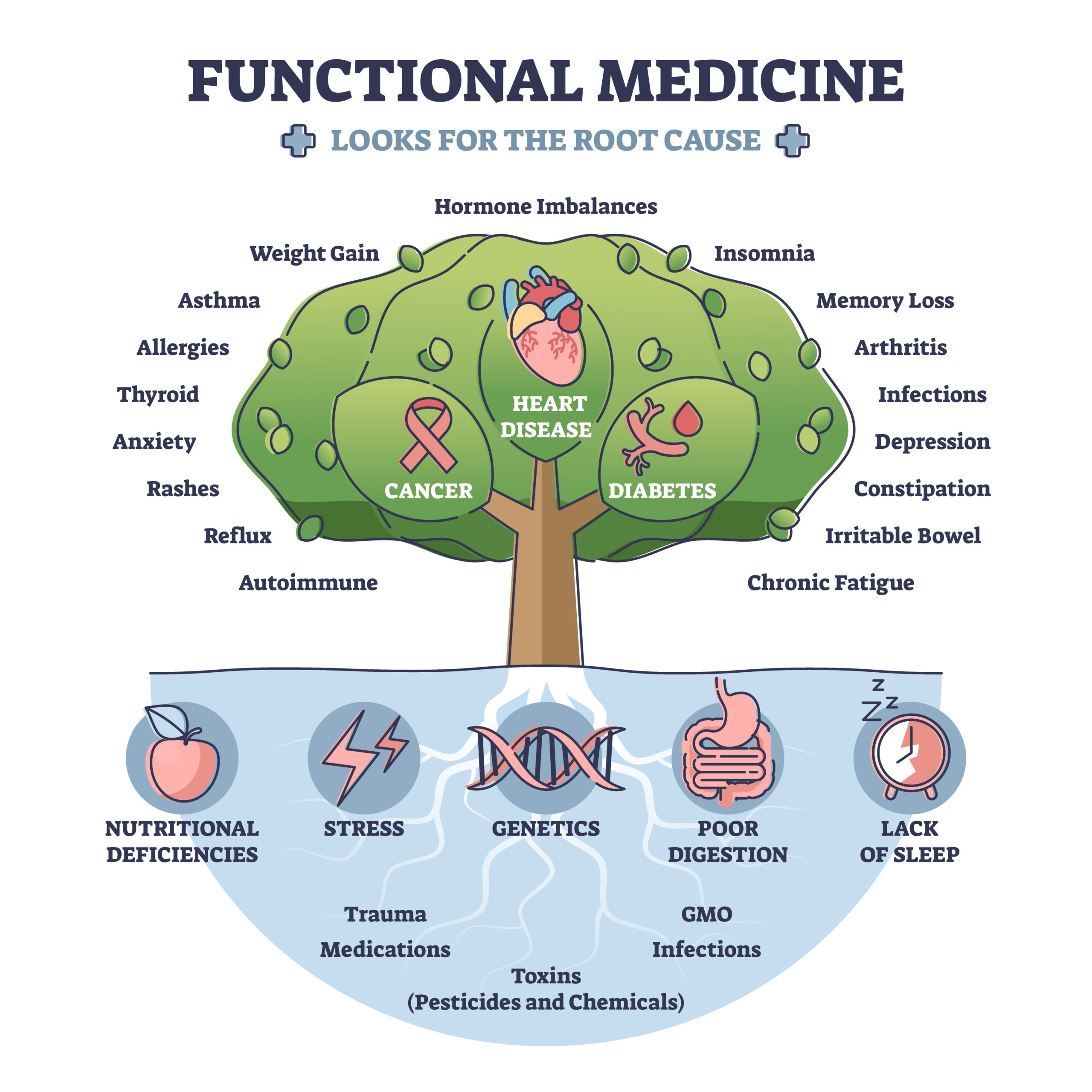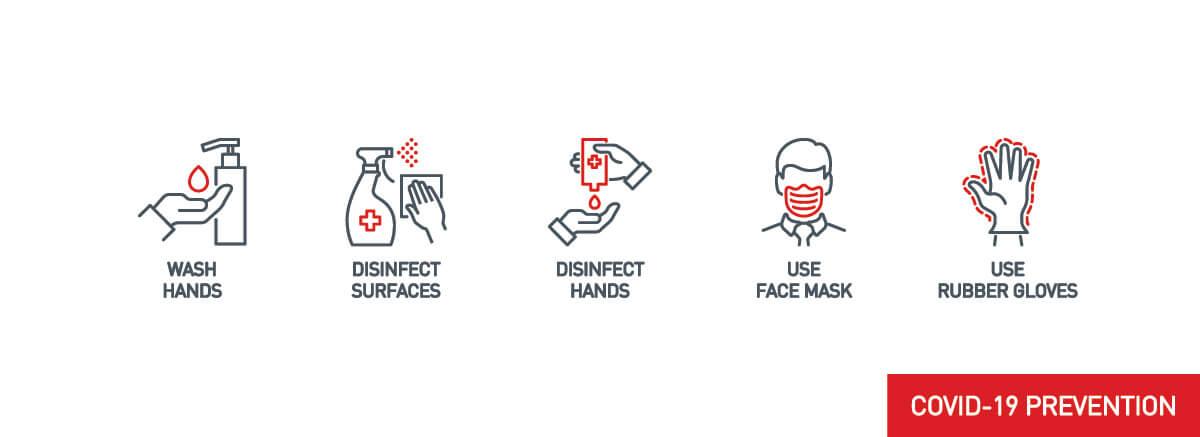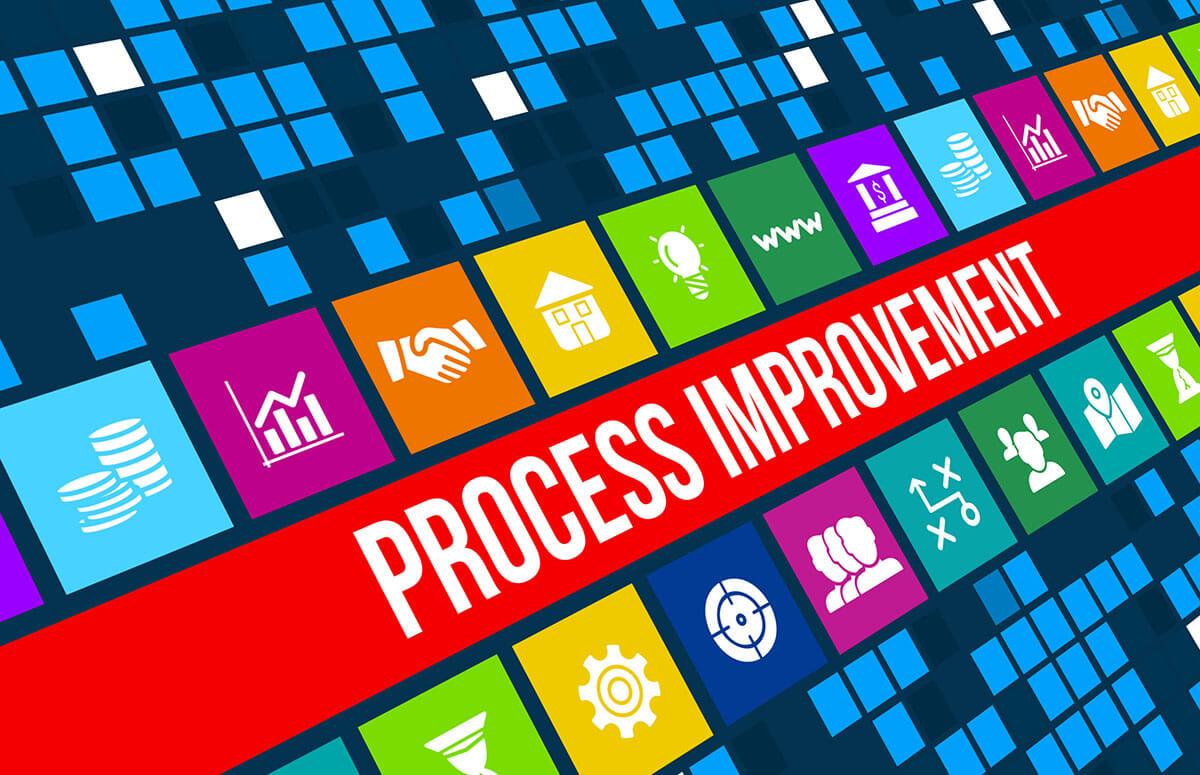Moving through 2023 and beyond, it will be important to understand how to look at overall wellness; body, mind, and soul.
Knowing the questions to ask and understanding the words to use are a part of what we do!
Our goal is to educate those of all ages and from all walks of life on topics you won’t learn about through ordinary media outlets. We are non-biased in our approach and provide links to the facts.
One place for an individual to focus is found in the “Person Centered Care” area. This area will have the greatest impact on people across the nation in the next few years.
Today, the assignment, if you choose, is to better understand the difference between conventional medicine and functional medicine.
Conventional medicine is known by several names but for today let’s think of it as a system in which medical doctors and other healthcare professionals (nurses, pharmacists, and therapists) treat symptoms and diseases using drugs, radiation, or surgery.
Functional medicine again has different names (holistic, alternative and/or spiritual, complementary- massage, nutrition.) has a deeper and often more personal approach, through the scope of root cause analysis. It looks at the “root” of a disease – environmental, and lifestyle factors such as sleep and relaxation, physical activity (exercise), nutrition, stress, etc.; and looks at not only the physical ailment or condition, but also the emotional, mental, and even spiritual aspects that aggravate the condition.
A new term to learn is, Social Determinants of Health (SDOH), which are the non-medical factors that influence health outcomes. The conditions in which people are born, grow, live, work, and age, and the larger set of forces and systems that shape the conditions of daily life.
Many people use several approaches, and that’s where the “person-centered” care approach lives, how you decide to manage your lifestyle and care strategy.



